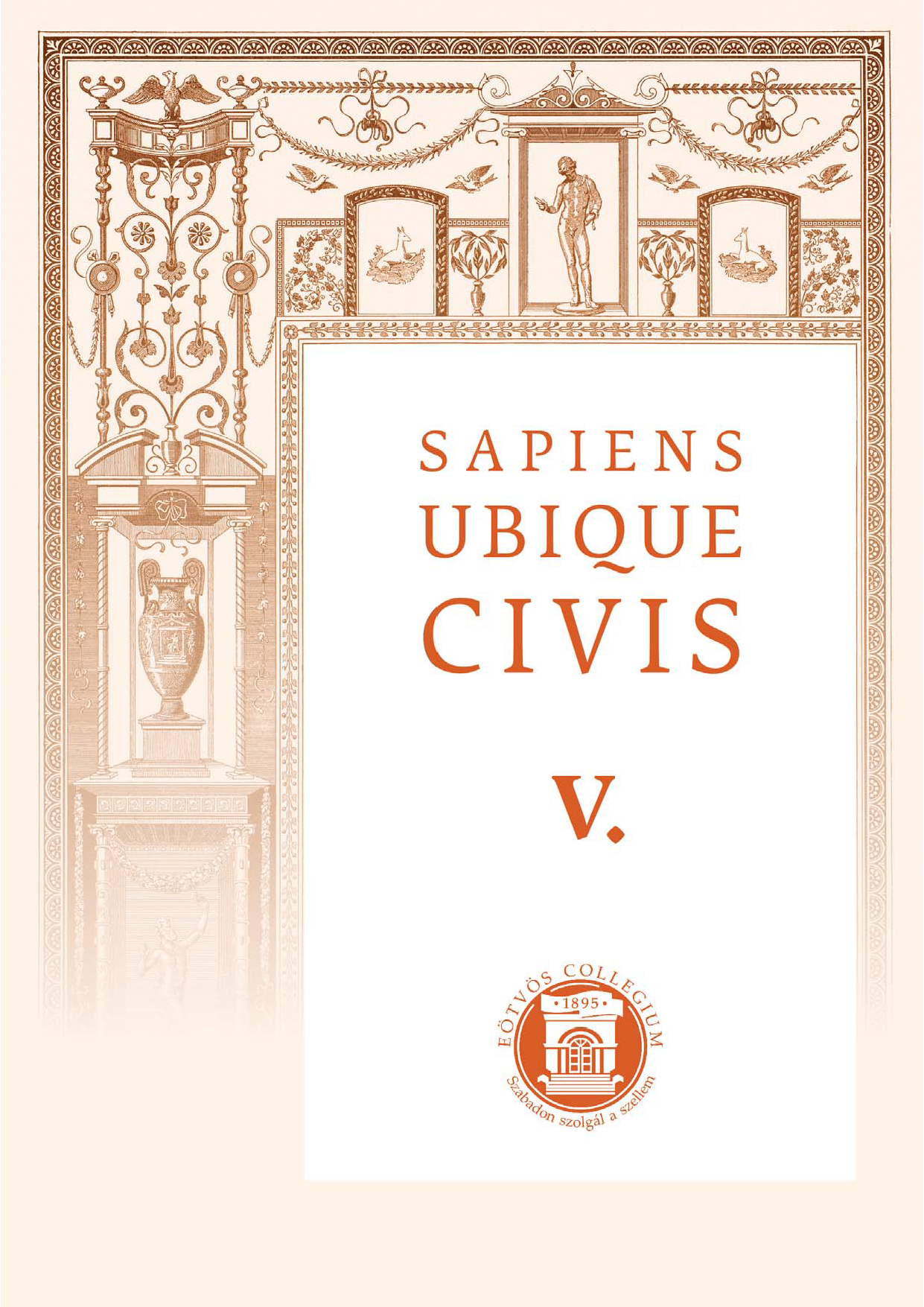One Myth, Three Genres The Development and Transformation of the Myth of Orpheus in Tennessee Williams’s Oeuvre
Main Article Content
Abstract
Tennessee Williams (1911–1983) often found inspiration in mythology, from his first short story to numerous poems that allude to Greco-Roman myths. Notably, his first professionally produced play, Battle of Angels (1940) is based on the story of Orpheus and Euridice, a myth that consistently resurfaces in Williams’s works. This paper traces the development of this myth across Williams’s oeuvre in three different genres, from the play Battle of Angels to the poem “Orpheus Descending” (1952), the revised theatrical version titled Orpheus Descending (1957), and finally the movie The Fugitive Kind (1960). A comparative analysis of the nuances of the myth of Orpheus in these works reveals that Williams utilizes the universal recognizability of the myth, and gradually employs it with a philosophical perspective, transposing Orpheus’ journey to the Underworld to a modern context to depict the condition of man in modern times.

